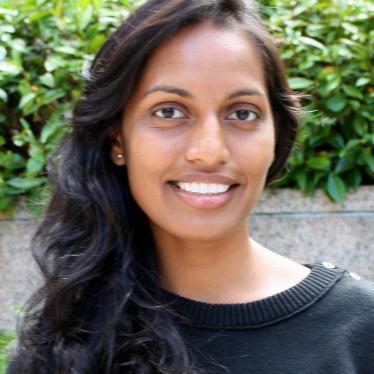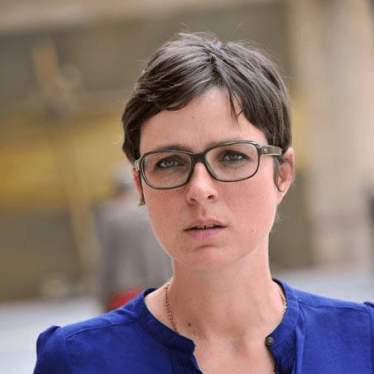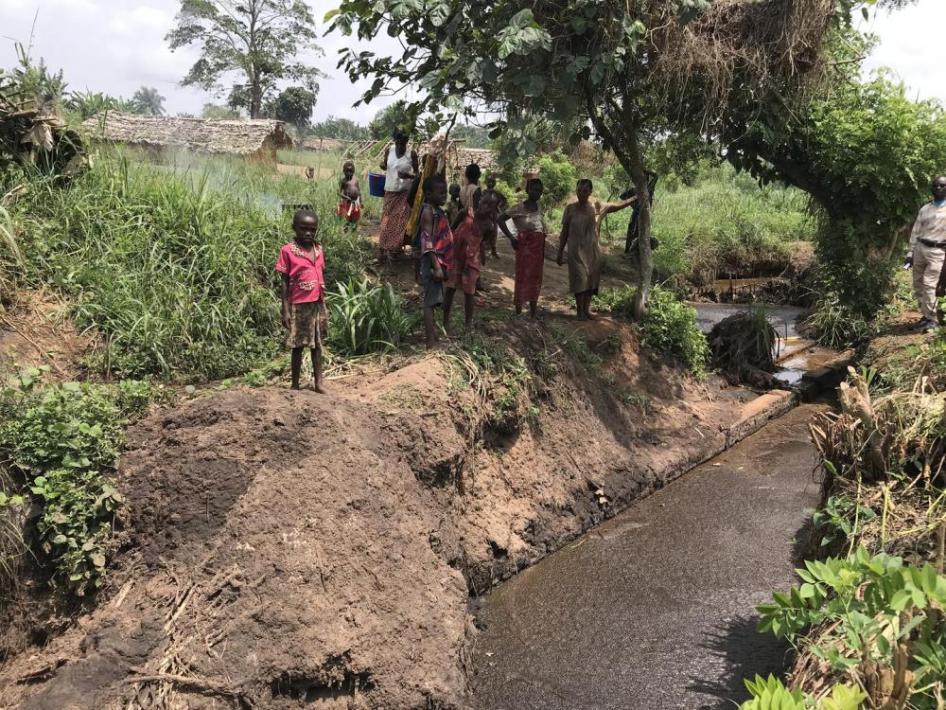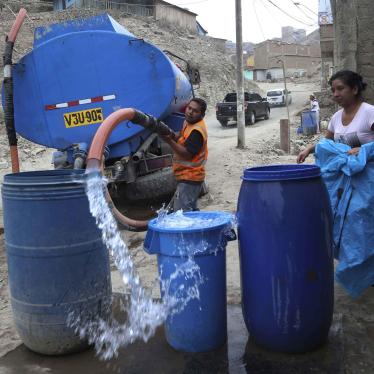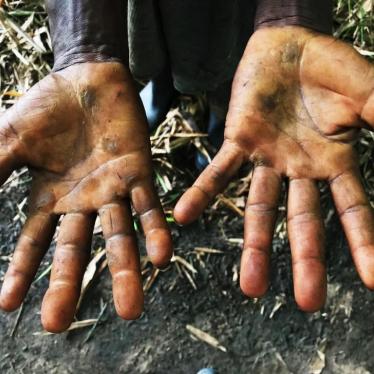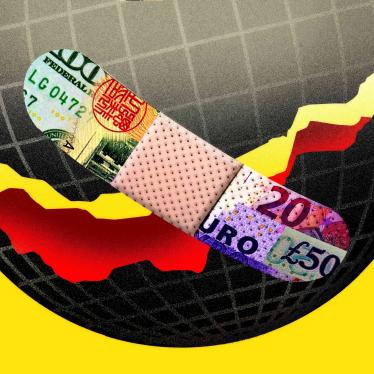The world’s public development banks, focused on alleviating poverty, will gather this week during the Paris Peace Forum to discuss their collective responses to global challenges like climate change and recovery from the Covid-19 pandemic.
This will be the first time that all 450 of these financial institutions, which control over US$2 trillion in annual investments, will meet. But summit materials, including the website and the agenda, make no mention of the role human rights will play in addressing global challenges. Nor do they include the voices and experiences of the people who are meant to benefit from public development financing.
Public development banks operate at the local, regional, national, international and multilateral levels. Their strategies can include financing social programs related to housing or health care; government initiatives related to infrastructure or trade; and local and emerging businesses or local financial markets. The public development banks attending the Finance in Common Summit collectively control about 10 percent of all investments made globally, and so have significant collective potential to influence public policy.
The summit agenda is ambitious, tackling issues of economic inequality as well as climate change and Covid-19 recovery. The speakers list is filled with high-ranking officials from public development banks around the world and private sector leaders. A few representatives from nongovernmental groups are scheduled to speak but many of the organizations that regularly monitor public development bank projects, support communities affected by them, or advocate for higher social and environmental standards were not included.
These groups have been raising concerns about the summit for months. In a September letter to the French Development Agency, one of the main sponsors, they encouraged organizers to feature human-rights-based and community-led development strategies. Nearly 250 organizations from around the world, including Human Rights Watch, lent their support to the request.
Specific recommendations included for the banks to reorient their focus toward investments that respect human rights and climate change standards, including those outlined in the United Nations’ Sustainable Development Goals. This would require conducting human rights assessments before any project is approved to prevent and address any human rights risks, and creating systems for transparency, accountability, and to remedy any harm the projects might cause.
The organizations also called for the full and free participation of directly affected communities in activities supported by public development banks. The summit, much of which has converted to a virtual gathering due to Covid-19-related public health measures, is by invitation only. After nongovernmental groups protested, a link to request an invitation was added to the website, but it is unclear how many people from community and other groups involved in these issues have been invited. Public development banks, supposedly committed to ending poverty, should be more open to engaging with the people they intend to serve.
A group of United Nations special rapporteurs, experts on human rights issues, and the Working Group on Business and Human Rights also released a statement articulating concerns about the lack of human rights in the agenda and planning materials for the summit, saying “[t]here can be no sustainable development without respect for human rights.”
Some public development banks have taken a human rights-based approach to development, while others remain “human rights-free” zones. The government of Germany, for example, has released guidelines for incorporating human rights standards into all of its bilateral development cooperation, including by its public development banks. The Dutch development bank has also made a firm commitment to human rights, regularly publishing reports on its progress on human rights. But the World Bank has long refused to embrace its human rights obligations, raising various objections to why it is unable or unwilling to commit to a rights-based approach to development.
Public development banks should take heed of the communities and grassroots organizations from around the world that are asking to be included in the decisions that will affect their lives, and that are asking the banks to protect the human rights of the people affected by all development projects. During discussions at the summit this week, public development banks should take time to examine what impact they hope to have and on whose behalf they are doing this work.
